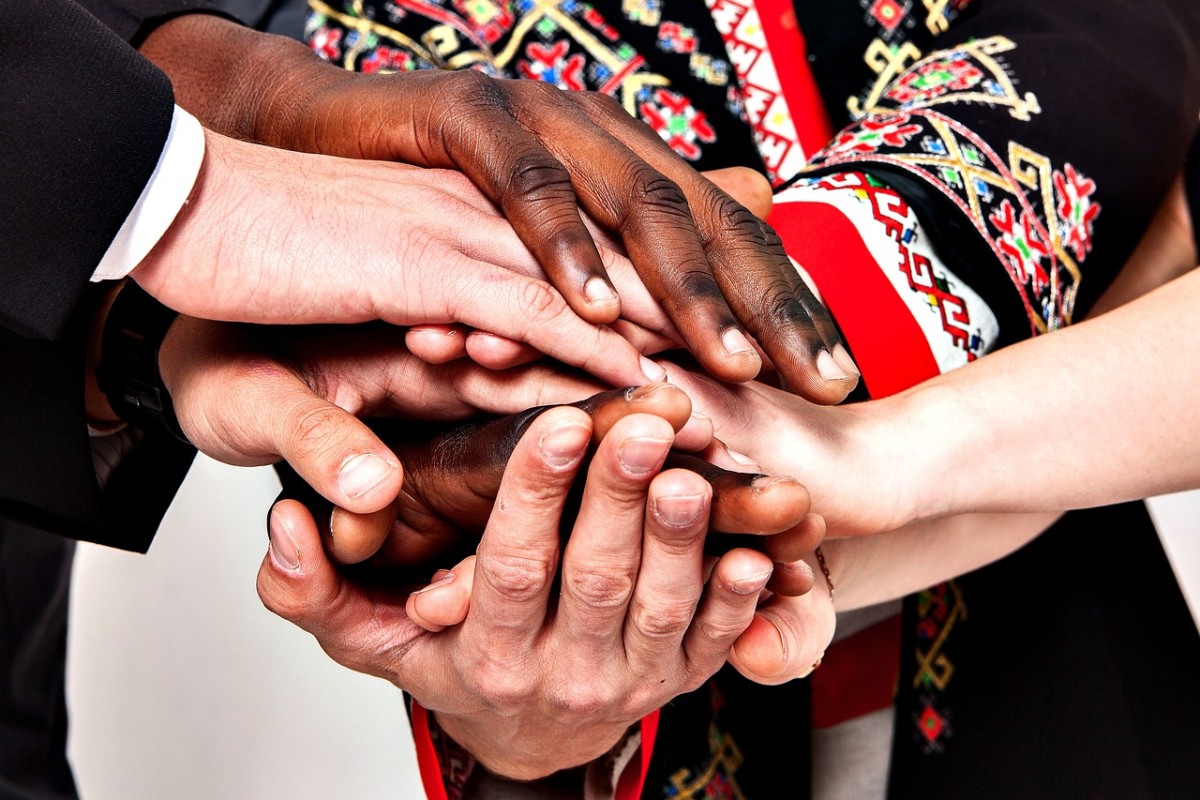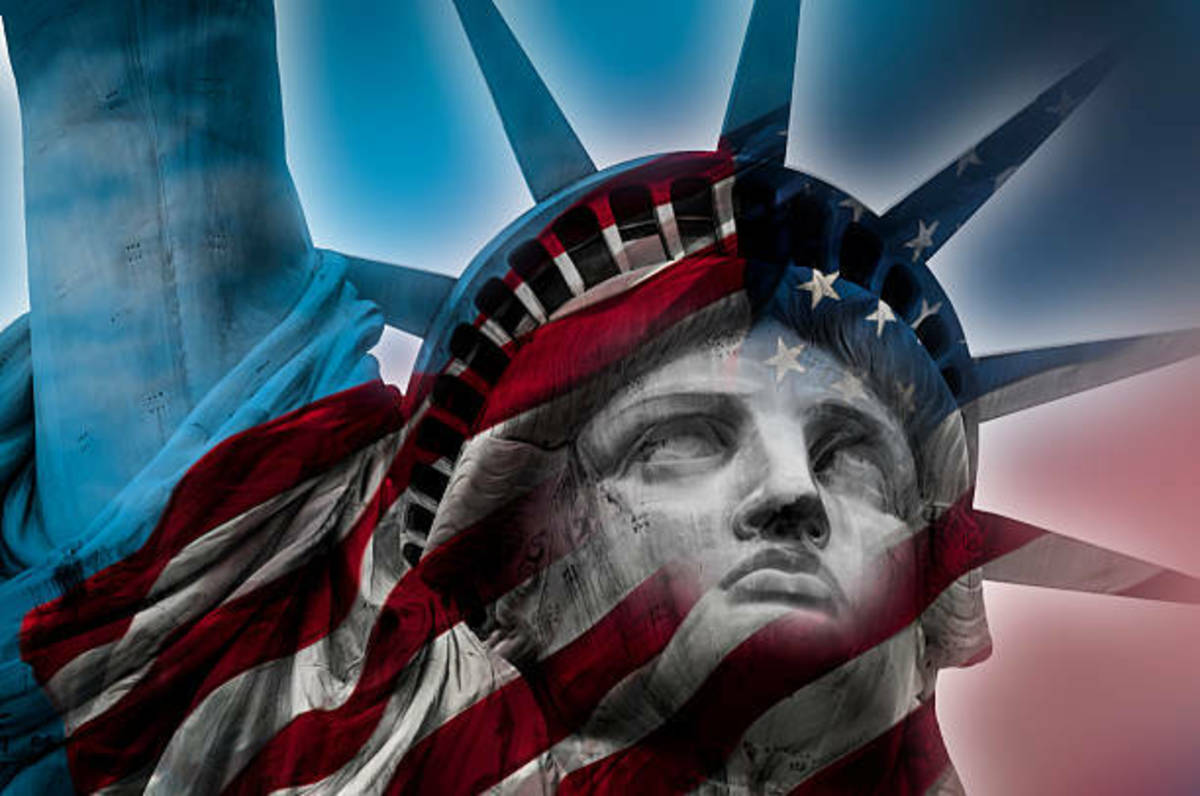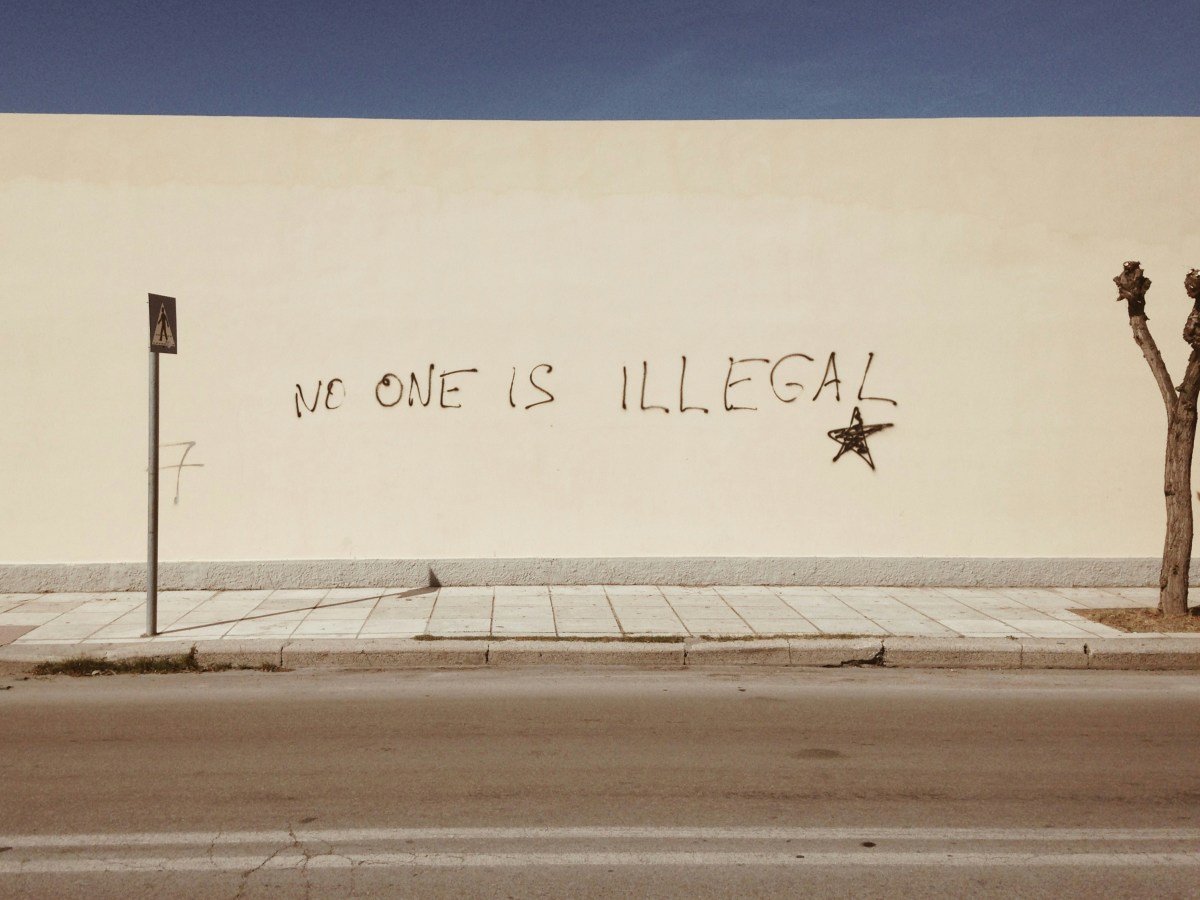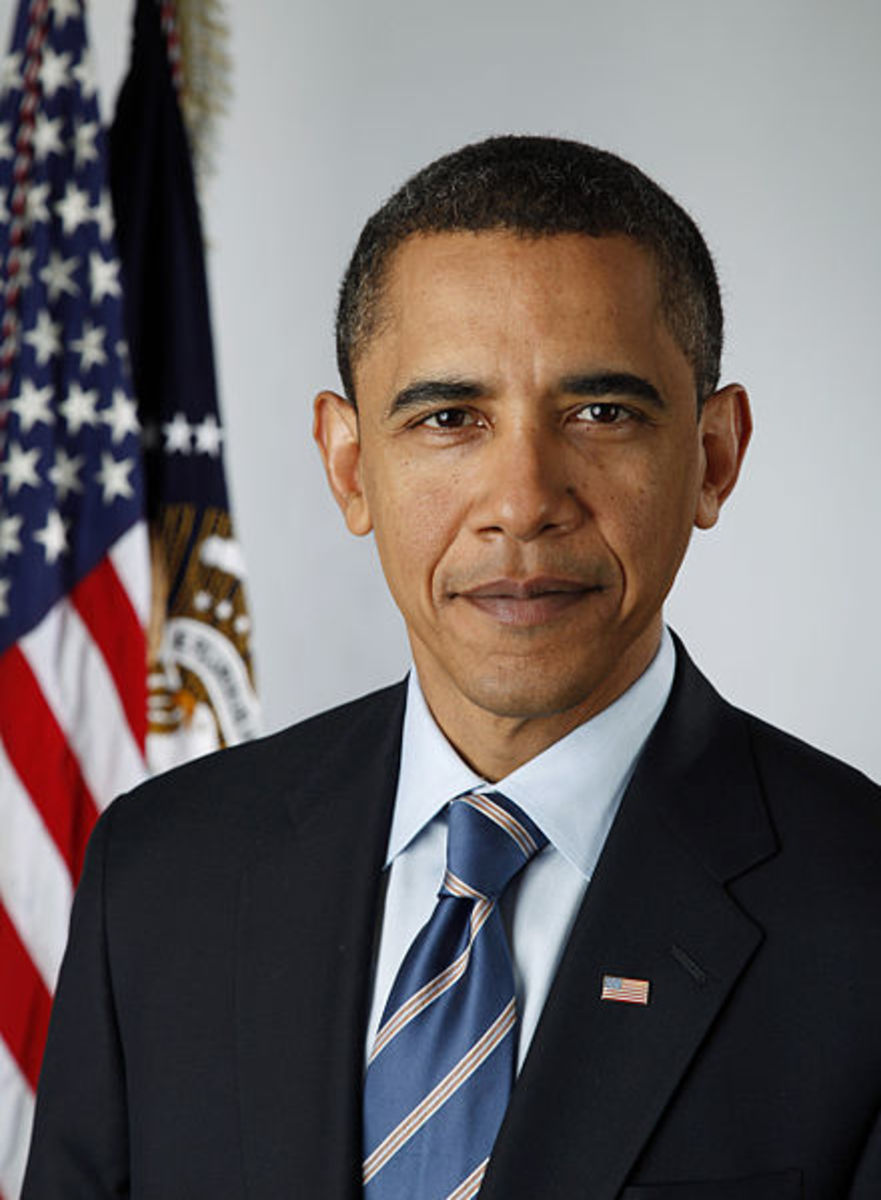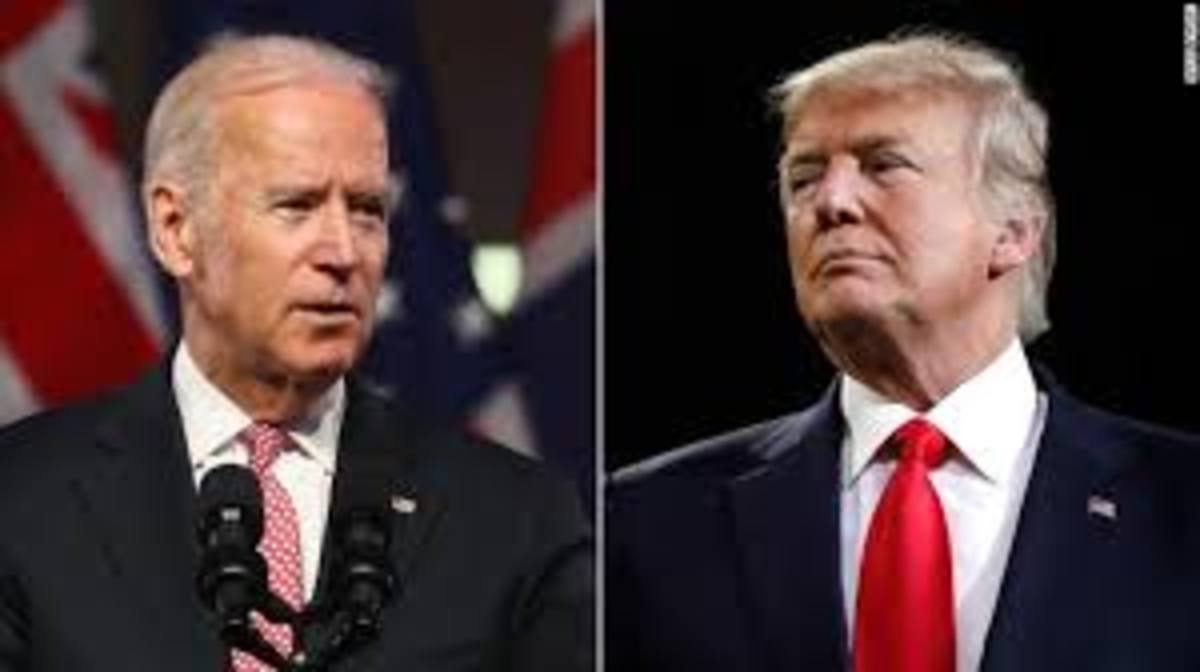Direct Democracy and Majority Rule. *Grammar Update*
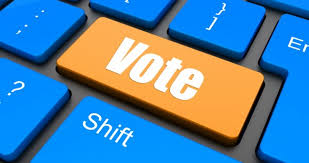
Minority Rights
To save time, I am not going to cover the real reason this would not work. With any such process, we would inevitably run into people cheating. Fraud, hacking, and foreign election tampering are massive issues that will need addressing. The following is on American politics, but don’t let that stop any others from commenting.
A guy on the radio gave a destination of politics — Polly from the Greek word for “many” and “tic” as in a blood-sucking parasite. His definition would be the belief of many today with congresses approval rating on an all-time low. With people feeling that every politician is corrupt just for being in politics, is there another way. He later went on to ask why we don’t just do a direct democracy where we all vote online. Some would say that with technology today, we could revise the concept of straightforward self-representation. But would everyone participate? Could this work? If we went to a voting system online, it would first lead to a true majority rule. While on paper, this sounds great but consider the 20th century.
In the 1950’s the concept of integrating the schools was not popular with the majority of the people. I remember back in the 1980’s school system complaining about forced bussing to enforce integration.
After President Truman integrated the armed forces back in the 1940s, his approval rating fell to the rate currently held by congress.
There are many other examples of a minority using the system (the president, congress, and the Supreme Court) to force the majority to accept changes. These changes are accepted as normal today but were radical when they happened.
In a place where we all voted, and the majority ruled, we would have to accept that what is right may not be what happens. With African Americans making up around 13% of the country, will we see any new civil rights laws or any of them being reversed? With over 50% of the country being women, will we see such topics as the Equal Rights Amendment (ERA) become law?
Not that long ago, we saw Congressman Paul Ryan running a filibuster. This tactic is the best example of a minority holding up the majority to force information on this vote to come into the light. Whether you agree with him or not, what he did opened the lines of communication on a topic mostly devoid of knowledge (speculation yes, but no actual knowledge). Would we see new laws such as gun legislation passed after a tragic shooting, such as what we saw at Sandy Hook? I would think that we would see the same bills every time we vote, hoping that we would eventually vote for it to make it go away.
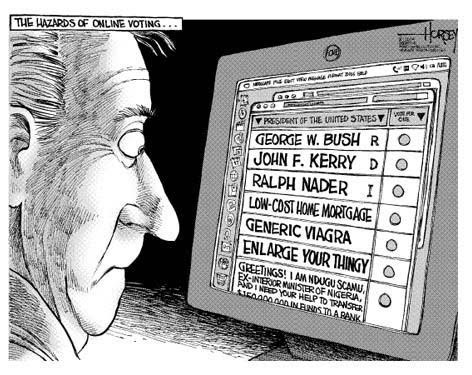
What Ifs
Going beyond the “what ifs” of the argument, we come to the most essential. Will people be willing to understand the bill? A politician has a staff of people who research and understand the bill. While many people will vote because they recognize the name of the candidate or him/she best represents. What the voter thinks they represent by looking at the candidate’s photo on a sign on the way to vote. Today most people vote more for the party than the candidate or any specific cause. With the removal of the representation, the individual voter will be forced to understand the law or deal with their ignorance. There is more to what your congressman does than votes up or down. The complexities of how a bill even comes to a vote, including the vetting on its social, ecological, and financial makeup, will require people to work on it. It is in the committees where most of the governing of America happen. Few people are aware of the outright corruption that occurred in the 1940s with government contracts. It took a government oversight committee called the Truman Committee (because as a senator, Truman ran the committee).
Today we have a “not my congressman” mentality. That is to say, we (for the most part) tend to think that everyone else’s congressman is a crook. When asked about Congress, in general, we think of them as a whole, not on the individuals we have any connection too (who we vote for). I live in an area that was redistricted to help prevent another district from voting in a congressman that was in Jail. To keep it basic, I’m not mentioning his name. He was convicted of taking bribes and forced out, but the people who voted for him said they would vote for him today. Another question would a people in California vote for something that is not in the best interest of California? If the majority ruled such states as California, New York and Texas would become the main voting blocks of the country with the largest populations. Bills that would favor smaller states such as Road Island would not pass if the only impact it would have on the majority were a cost. We see this every day with people complaining about bills or expenditures in the budget that they see no benefit.
Today we can run the essential functions of a country from the comfort of our living rooms. The ideals of the town hall meeting with the community voting up or down are a real possibility. The real question is, can a country the size of the United States operate in such a fashion? Would a majority rule crush any rights by the minority? Is it conceivable that people could provide the same knowledge or understanding in a vote that a fulltime representative could?
I don’t have all the answers (or even all the questions) in this hub. When I started, I wanted to say yes, we could do this and should, but as I looked at everything that goes into a bill and law, I started to question the concept. The legislative branch does more than vote.
Popular culture, the dumbing down of America, and scandals has people questioning what value our government has. Popular culture preaches the idea of the simple answer that complexity is a vice. We see this with such issues as gun control, drugs, and civil rights. But can we approach a large government with over three hundred million people in it as if it was a town hall in a village in one of the colonies back in the day?
Voting online?
© 2013 Michael Collins aka Lakemoron

